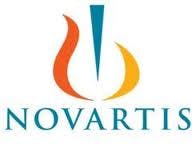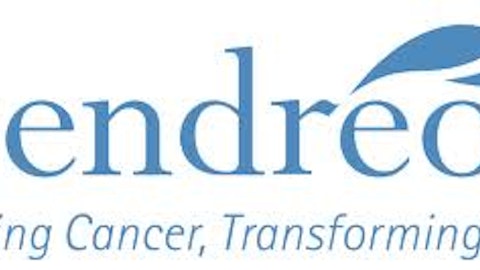For a long time, Africa’s traditional enemy with regard to diseases have been communicable diseases like HIV and Malaria. Now, however, this trend is changing. Prevalence of HIV is on a downtrend and malaria infections in most parts of the continent have dropped significantly. On the flip side, however, non communicable diseases like cancer, high blood pressure, and diabetes are securing root.
The World Health Organization, along with other reputable global health organizations, contends that non communicable diseases accounted for 28% of all deaths in Sub Saharan Africa in 2008. This figure is expected to reach 46% by 2030. In view of this, pharmaceutical spending is expected to rise astronomically moving forward. In 2012, pharmaceutical spending in the continent stood at $18 billion. This figure is expected to reach $40 billion as early as 2020. A growing middle class, coupled with steady economic growth in most parts of the continent, will be the impetus behind the increased spending.
What does this mean for pharmaceutical big wigs, and in particular Novartis AG (ADR) (NYSE:NVS), Sanofi SA (ADR) (NYSE:SNY), and GlaxoSmithKline plc (ADR) (NYSE:GSK)?
GlaxoSmithKline takes volume over profit approach
Not exactly a hard-nosed business, but GlaxoSmithKline is seeking to increase its presence in the African market at the expense of its margins. GlaxoSmithKline plc (ADR) (NYSE:GSK)’s volume over profit approach, brought to light in mid 2012, has seen the company implement price cuts for some of its key drugs. The goal is to increase its volume five-fold over the next half decade. What’s more is that the initiative is not nested under the company’s charity unit, but has been absorbed into the core business.
As far as social responsibility goes, GlaxoSmithKline plc (ADR) (NYSE:GSK) gets a straight ten out of ten. Business-wise, however, the move has been deemed by watchers as not the wisest from the pharmaceutical heavyweight. In my view, deeming the move to be unwise is at the least myopic. Despite the floundering state of the economy in most parts of the African continent, growth is encouraging. In fact, economic growth over the past ten years in key African economies like Kenya and Nigeria has been between 4%-7%, which is much higher than growth in most developed economies.
This growth goes hand in hand with the rapid development of a strong middle class. In relation to this, more African consumers will have money to spend on the treatment and control of chronic non communicable illnesses moving forward. GlaxoSmithKline plc (ADR) (NYSE:GSK)’s move to enlarge its footprint now will certainly pay off in the long run. The fact that it is also moving its focus away from the austerity-hit Eurozone to emerging markets means that it will place its full weight behind the initiative.
Novartis seeks to enhance continent’s research and development
Novartis AG (ADR) (NYSE:NVS), on the other hand, is taking a slightly different approach. In February, it announced a joint initiative with The University Of Cape Town (UCT) that would help pass on the skills needed to treat communicable diseases, which, despite decreasing over the years, still remains a thorn in the flesh of African society. Under the joint initiative, Novartis AG (ADR) (NYSE:NVS) and UCT will enhance the skill set of African medical professionals and improve the continent’s Research and Development, which is critically important for health care. This collaboration will lead to the development of an FDA-level clinic study site in South Africa. The clinic will particularly work on medicines against Tuberculosis and facilitate research on malaria.
Through this move, Novartis AG (ADR) (NYSE:NVS) will not only be able to grow its investment in Africa moving forward, but it will also be able to give back to society. From my understanding, this will act as an incentive for distributors and by extension consumers, as well.




